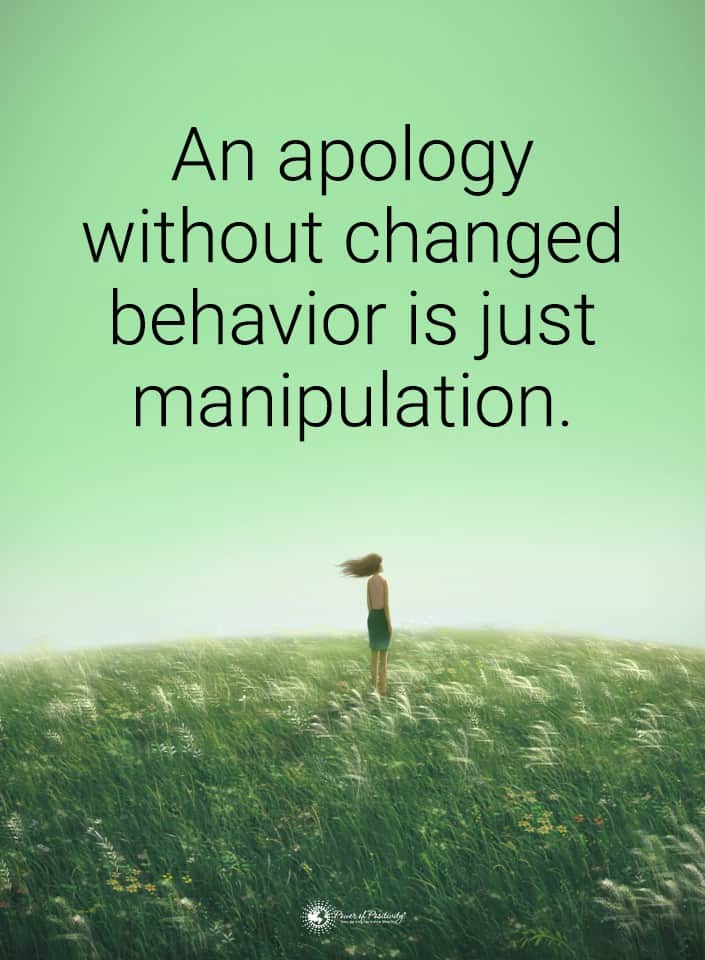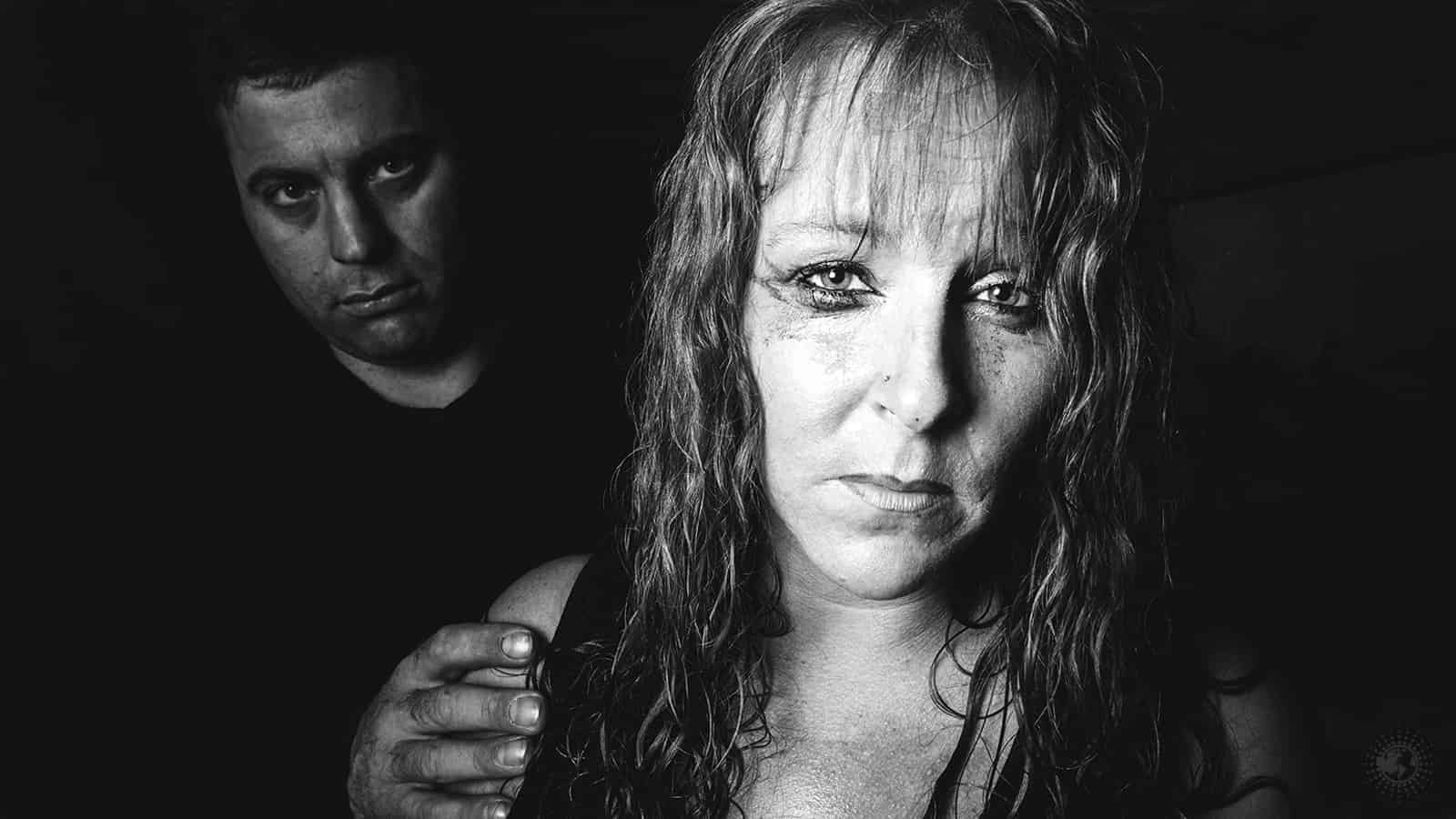Experts estimate that more than 200,000 million people will die this year from drug abuse. Most addicts don’t start because they want to live this lifestyle; instead, many are trying to self-medicate a pain that is deep inside. Additionally, others have had surgery or have a medical condition that has left them in debilitating pain.
Many family members know that their loved one or friends are using drugs, but they don’t know what to do to help them. Do you know the warning signs of drug abuse? Most people who are abusing prescription drugs or using illegal substances will present with the following symptoms:
- Mood Disturbances
- Sleeping Too Much or Too Little
- Dramatic Weight Loss
- Poor Hygiene
- Lying
- Job Loss
- Social Isolation
- Stealing
- Drug Seeking Behaviors
- Chronic Pain Issues
- Hanging with New Friends
- Depression
- Anxiety
- Paranoia
Ten Signs You’re Enabling Drug or Alcohol Abuse
Did you know that many drug users have a loved one that enables their use? Most people don’t enable advertently, but they overlook and tolerate certain behaviors that allow the addict to continue.
Substance abuse can spiral out of control, often leading to incidents that have significant legal or personal consequences. A person struggling with addiction may engage in reckless behavior, such as driving under the influence or participating in illegal activities, which can result in arrests or accidents. These incidents not only affect the individual but can also impact those around them. If a loved one faces criminal charges or an accident caused by their substance use, it may be time to consult drug lawyers. These legal professionals specialize in defending individuals who have been arrested or injured as a result of substance abuse, offering guidance to navigate complex legal proceedings.
Often, when someone’s addiction leads to legal issues, the consequences can extend beyond just criminal charges. The emotional and financial toll can be overwhelming, leaving families to deal with the aftermath. If an individual’s substance use causes harm to others, they may face civil suits or other legal repercussions.
Are you guilty of helping someone with their drug or alcohol problem? Here are ten signs that you’re an enabler.
 1. You Give Them Money
1. You Give Them Money
Are you continually giving a loved one money who you know is using it for no good? If they have a place to live, food on their table, and all their other necessities, then it’s possible you’re funding their drug habit.
People usually know the relatives that are willing to loan them money. Most of the time, it is children seeking help from their parents. If the requests for cash become frequent, then don’t be afraid to ask to buy groceries or clothes for them rather than just handing money.
Someone with a severe addiction can spend over $100 a day, which is over $36,000 a year. Is some of that money yours?
2. Blaming Situations and Others
When you enable someone, you start blaming everything and everybody for their behaviors. For instance, assume your son has a drug or alcohol problem, and you try to cover it up. However, when his wife of ten years leaves him, you blame her rather than his addiction.
It’s hard for a parent to see their child as anything but a beautiful person. When they head down this dark road, they become co-dependent on people for financial resources and support. When they can’t get these things, they will turn to other methods, even criminal, to get their fix.
It does you no good to blame everyone else when your son is the one that holds responsibility for the matter. Underlying circumstances and medical conditions may drive the behaviors, but he is the one making bad choices.
3. Letting Fear Cloud Your Judgment
It’s often fear that allows a person to keep enabling. You may be afraid if you stop giving money to your son that they will steal and end up in jail. So rather than doing the right thing and stopping the money train, you’ve allowed fear to control what you do.
When you live in fear, you will say and do things that you never thought possible. Additionally, you’re not helping them by trying to keep them at home or from escalating in their use. Eventually, the addiction that is controlling them will become so powerful you will be defenseless to its energy.
4. Prioritizing the Needs of the Addict Over Yours
Why is it that so many loved ones put the needs of their addicted love one over their own? You would give your son or daughter your grocery money to keep them from turning to drug lords and owe a debt they cannot pay.
Often, parents and loved ones will go out of their way to keep their loved ones safe, even if it means tapping into their much-needed resources both financially and mentally. You can’t pour from an empty cup, so you need to make sure that you take care of you before you can take care of them.
5. Covering Up the Addict’s Behaviors
When you enable, the thought processes behind these actions is that eventually, they will change. The sad fact is that very few people can’t stop drugs or alcohol cold turkey. They need the help and professional guidance of a rehabilitation center.
You want to protect the one you love, so you will cover up their behaviors using whatever methods it takes. For instance, if a ring is missing from a jewelry box in the household, you will blame anyone and everyone, but you know in your hear who took it.
6. Afraid to Express Emotions
When you enable others, you are often afraid to express your real emotions to them. You want to tell them how angry you are at the thing they’re doing, but you’re afraid that if you push them over the edge, they could overdose or leave home.
Your fear is well-founded since your loved one uses drugs, and their mind is not thinking clearly. It’s best not to express your emotions to the one who is co-dependent on you as they can turn on you.
It’s better if you get an intervention specialist involved in helping you get through to them. Don’t be fearful of the addiction but tackle it head-on.
7. Make Excuses for Them
How many times have you made excuses for your loved one? Do you call off work on their behalf? Maybe, you think that they are still in pain from that surgery that happened two years ago.
In your mind, you find every justification for their behavior you can muster. While others can see the codependency, you just ignore it and keep making excuses for why they are the way they are.
8. Resenting Them
It’s not uncommon for the person that enables them to start resenting the addict. You start having negative feelings towards them because you are tired of the way they are living their life. Perhaps, you’re tired of being taken advantage of.
You may yell, cut off funding, kick them out of your home, and do many different things to get your point across. Resentment is not going to fix the problem. Remember, this person is not thinking clearly, and they need you to understand they are not well. The best thing you can do is to encourage them to get help.
9. Lying for Them
Once you start lying for them, the whole situation seems to snowball. The first lie might be why they weren’t at home that evening. Then you’re lying to their boss on why they can’t go to work that day.
Soon, the lies will take over, and every day is a new reason to tell something false just to keep the eyes of judgment off your loved one. When you enable someone, they will bring you down to their level to help them. You are supporting their addiction by covering up things.
10. You Manage the Problem
Most loved ones who enable have become masters at managing the problem. You know what time they will come home drunk, so you have all the children in bed long before that time. You make excuses to keep the problem hidden, and you work double-time trying to manage the situation.
This problem is way bigger than you can ever imagine. A husband or wife who is an addict might start leaving bruises on you, and they are likely to drink or smoke away he income you need to live.
Additionally, they can bring dangerous people around your home. Don’t try to manage this as the situation will bring you down with it.
 Final Thoughts: Ten Tips to Stop Enabling
Final Thoughts: Ten Tips to Stop Enabling
Now that you know what behaviors show you enable, here are some signs of what you can do to help stop the vicious cycle.
- Stop Lying for Them
- Don’t Give Loans
- Don’t Make Excuses for Their Behavior
- Refuse to Cover for Them
- Know Your Limits and When to Get Professional Help
- Never Let Fear Dictate Your Moves
- Ask Others in the Family for Help
- Seek Drug or Alcohol Treatments Services
- Realize You’re Powerless Against This Beast
- Don’t Let Your Loved One Go Down Without A Fight
When you enable, you do greater harm than good!
While you think you might be doing good by your loved one, you’re only driving their addiction further. They don’t want to be like this, but it’s the outcome when you continuously make excuses for them and don’t hold them accountable for their actions.
An enabler usually isn’t the person who will set up an intervention, even after admitting that their loved one has a problem and needs help. They can’t switch from the role of enabling to doing something about the situation.
When an addict goes for help, it’s the immediate family involved in the recovery process. Your loved one needs the proper environment to help them through the process. When they come home, if things aren’t different, then chances are they will relapse and go back to their drug of choice.
It’s hard to break the enabling ways, which is why it’s imperative to have a professional interventionalist working with you and your entire family to ensure success. Freeing a person from an addiction is not a journey with a destination. It’s a road they will walk for the rest of their lives.
While the journey does get more comfortable as the years pass, a healthy support system is essential to take the first step on the right path. Thankfully, there are new methods being developed every day to help treat those suffering from this horrible condition.


















